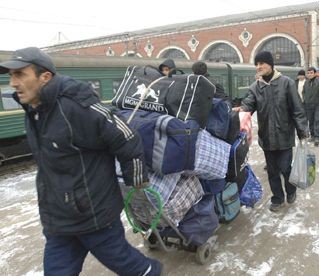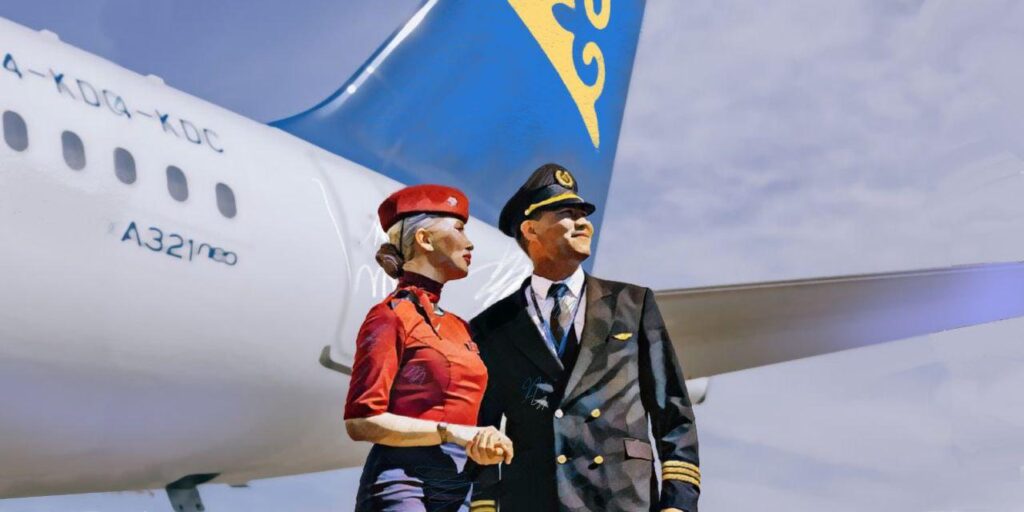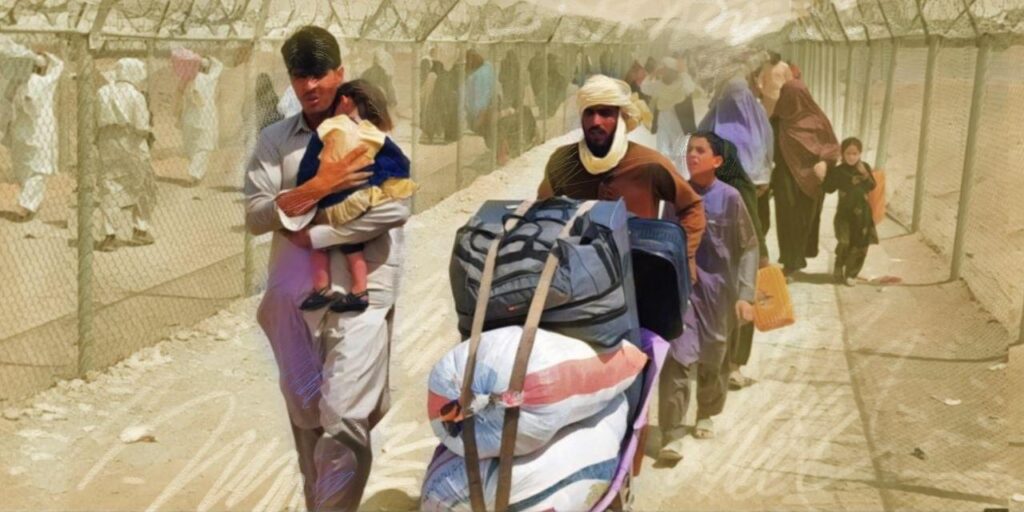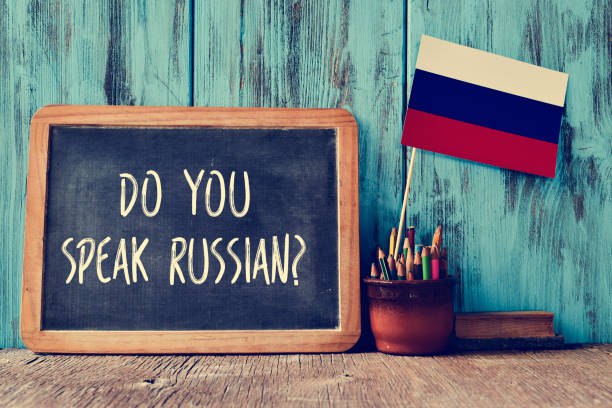TASHKENT (TCA) — There is a large number of Uzbek labor migrants in Russia who are supporting Uzbekistan’s economy by sending money they earn back home. Now, their life and work in Russia would become easier. We are republishing this article on the issue, originally published by EurasiaNet.org:
Uzbekistan’s president came away with some eye-catching investment deals with Russia from his state visit to Moscow this week, but the less flashy talks on labor migration may have represented the most important achievement of all.
Shavkat Mirziyoyev’s visit to Russia on April 4-5 marked his third trip overseas after Turkmenistan and Kazakhstan — a sequence that is telling about the new leader’s foreign policy priorities.
One of the first documents to emerge from the government-to-government meetings involved an agreement to create a clearer and more formal process for Uzbeks to resettle in Russia for short-term work contracts. Representative offices will be established in one another’s countries to assist Uzbek migrants.
While this seems like a largely arcane bureaucratic fix, it actually represents a historic step for Uzbekistan, which has, perversely, never since gaining independence actually formally recognized the existence of labor migration.
This is not to say that Uzbek officials are not aware of the fact that their fellow citizens go abroad to work. On the contrary, in 2013, the late President Islam Karimov alluded at length to such people, only to refer to them as “lazy people” who “disgrace all of us.”
Even the concept of unemployment is barely acknowledged in Tashkent. The official unemployment rate is around 5 percent, which is a figure that bears no proper scrutiny.
Karimov’s remarks were particularly offensive in view of the vast amounts of money Uzbeks in Russia inject back into their home nation’s economy.
Indeed, Russia’s Central Bank noted last month that money transfers by individuals in Russia to Uzbekistan had hit $2.74 billion in 2016.
For a number of reasons, however, that marked a drop from the $3 billion recorded in 2015, which may be why Mirziyoyev is eager to put the situation on a more even footing.
Ahead of the president’s visit, on March 30, an Uzbek Labor Ministry delegation dropped in on a migration center in Sakharovo, a village around 60 kilometers (35 miles) outside Moscow. The center works around the clock and every day to process work permits for the hundreds of thousands of foreign nationals working in Russia.
The stated aim of the visit was to learn more about the kind of red tape Uzbek economic migrants are required to wade through before and after leaving their country.
According to a report on the Uzbekistan-based Economic Review news website, Labor Minister Aziz Abduhakimov met with Uzbek migrants applying for work permits during his visit to Sakharovo to understand how easy or difficult they find the whole process.
“Our interest is in making sure that our citizens in Russia who are abiding by Russian laws, paying their taxes and contributing toward the development of the Russian economy should have their rights fully protected,” Abduhakimov said.
According to Russian migration officials, around 45 percent of the work permits issued in 2016 were granted to Uzbek citizens.
Historian Maxim Matnazarov, who lives in Moscow, said he believes that among all migrant laborers in Russia — who also include vast numbers of Tajiks and Kyrgyz nationals — Uzbeks may historically have been those enjoying the weakest legal protections.
“An agreement on labor migration will give many people in Uzbekistan the opportunity to set themselves up to work in Russia. Now it is not just builders and casual laborers that can go there, but also doctors, teachers and representatives of other professions,” Matnazarov told EurasiaNet.org.









